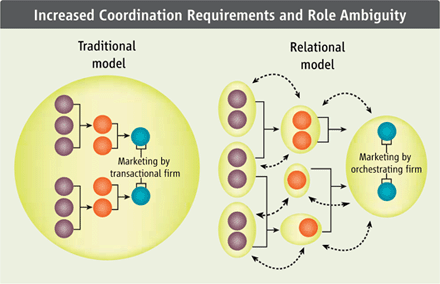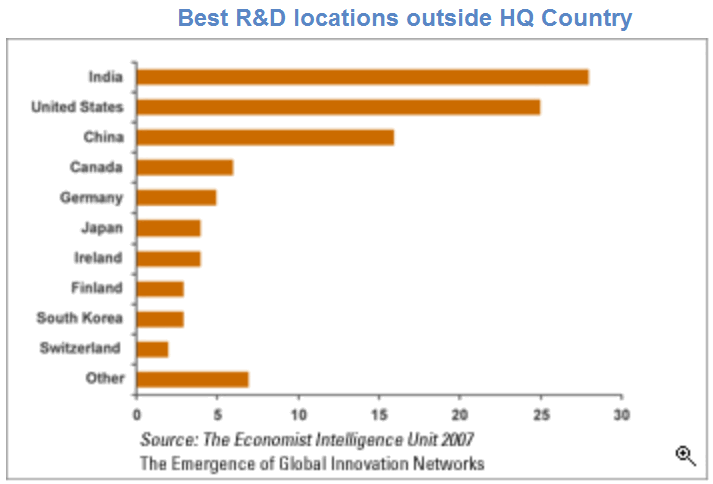|
Editorial-31 August 2008 |
|
|
|
|
|
What Path Innovation?
|
|
August 31, 2008
There is expectation that at the National Press Club luncheon this Wednesday (September 3) the Minister for Innovation, Industry, Science and Research, Kim Carr, will publicly release the Green Paper produced by Dr Terry Cutleršs Review of the National Innovation System.
Interestingly the matter of innovation has begun to occupy increasing pages of the two foremost scientific weeklies.
In June, Nature began the monthly publication of a series of "commentaries" devoted to various aspects of innovation, while Science allotted a couple of pages in its August 15, 2008 issue to "Research Alone is Not Enough".
Nature makes the overall comment: "The commentaries reveal that the idea of a single innovator or inventor is fading, and probe how innovation is increasingly the product of an entire ecology which includes both basic and applied research but also the venture capital system and external motivating forces coming together in the right mix." And there is consensus that there is much more to the scheme of modern innovation than the linear model of basic research → applied research → innovation → design → manufacturing → business process. The diagram at the top of this page summarises the overall viewpoint presented in the papers in Nature and Science.
Lewis Branscomb in his Science paper compares the traditional and relational models shown in the figure reproduced here:

Models of traditional and relational company structures.
Dotted arrows indicate dynamic links based on trust and orchestration.
The situation is analogous to the relationship between physics and mathematics in that many fundamental mathematical areas were and are derived from physical conundrums.
And this leads us to the question of top-down micromanagement and governments' preoccupation with it. Here Nature invokes the term "cultivation" by which is meant that it is the duty of governments to provide the right milieu for productive innovation to flourish. In short "policies that nurture and guide innovation in socially acceptable frameworks" and work toward increasing public understanding and support for research.
But also required is the understanding of government that innovation has a global-network dependency, and if it is looking toward the medium sized firms in the private sector for future innovation, it must foster international cooperative ventures.
In describing innovation Professor Branscomb puts it this way: "The old model was the traditional multinational assembly of wholly-owned subsidiaries, each producing for local markets. IBM's CEO, Samuel J. Palmisano, described IBM's change from 'multinational" to "global network enterprise" this way: "Just as hub-and-spoke architecture for communications networks gave way to the peer-to-peer structure of the Internet, so too global businesses are relying less on decisions made by management from corporate headquarters and more on the initiatives of partner firms around the world'" [our emphasis].
Now if firms, like IBM, look to have research and development undertaken outside the nation which houses their headquarters, where do they head? The recent survey charted below ought to give Senator Carr and his colleagues impetus to determine what's needed to get Australia into the top ten.

And where does this put the matter of what the Rudd government intends to do for and with the higher education sector? IBM's CEO tells us "global businesses are relying less on decisions made by management from corporate headquarters and more on the initiatives of partner firms around the world". Senator Carr's championing of "Hubs and Spokes" is being eschewed as regards current approaches to innovation, and while Group of Eight administrators might embrace having the thirty lesser lights of the sector as spokes to be directed, there is no reason to believe that Australian research and innovation would be enhanced by universities being corralled into a system from which the innovative private sector is moving away.
On the other hand if the government consists of a cadre of "control freaks", it's cool.
Alex Reisner
The Funneled Web